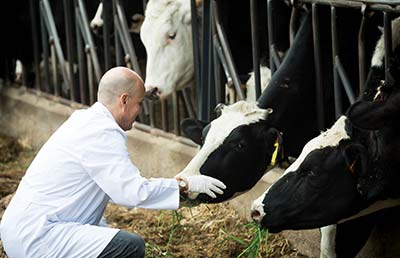May Means Shall

A few hours after posting our blog yesterday on the IRS requiring seniors receiving social security to file an income tax return in order to receive their $1,200 payment the IRS came out and said seniors will not have to do this (I don’t think our blog post had anything to do with this).
Instead, they will rely on social security records to make the payment. Also, they should be able to get the required bank information from SSA since almost all social security payments are now direct deposit.
On another note, it will be interesting to see how SBA interprets the rules for self-employed farmers and the Payroll Protection Program. Likely the simple part is if the farmer has over $100,000 in Schedule F earnings, they will at least qualify for a $20,833 loan. However, what happens if the farmer nets $200,000 but it shows up on her return as $300,000 gain from trading in equipment and a $100,000 loss on Schedule F. This farmer is in exactly the same financial position as another farmer who simply shows a $100,000 profit on Schedule F. Will one farmer get a loan and another not?
Also, what other “payroll costs” will qualify. Will the SE health insurance costs qualify. We think they should. They are similar to health insurance for an employee. What about retirement plan contributions. If they are voluntary would they count or not.
These are some of the questions that SBA needs to answer soon since it appears they will accept applications from self-employed taxpayers on April 10.
Paul Neiffer is a certified public accountant and business advisor specializing in income taxation, accounting services, and succession planning for farmers and agribusiness processors. Paul is a principal with CliftonLarsonAllen in Walla Walla, Washington, as well as a regular speaker at national conferences and contributor at agweb.com. Raised on a farm in central Washington, he has been immersed in the ag industry his entire life, including the last 30 years professionally. Paul and his wife purchase an 180 acre ranch in 2016 and enjoy keeping it full of animals.

What is the difference between a sole proprietor an a self employed individual? Seems like the same thing for many small businesses?
Bart